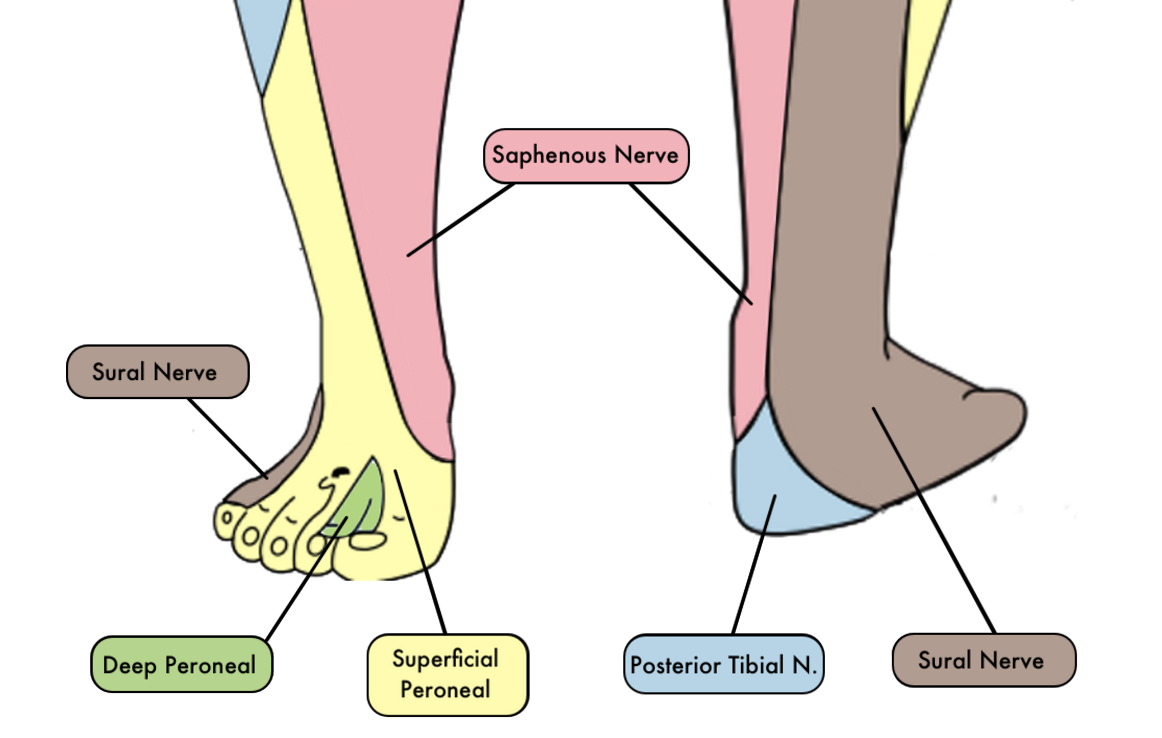Grand Rounds Recap 2/6/19
/It was an exciting week of Grand Rounds! We had the honor of hearing from legendary UCEM graduate Dr. Susan Stern who was the Dr. Gibler Visiting Professor. She discussed hemorrhage in trauma and the changing landscape of leadership in medicine. This was followed by operations updates with Dr. Palmer, and Dr. Laurence discussed AIDS-defining illnesses in her clinical knowledge lecture. The day concluded with a review of some Air Care cases. Check it out!
Read More














